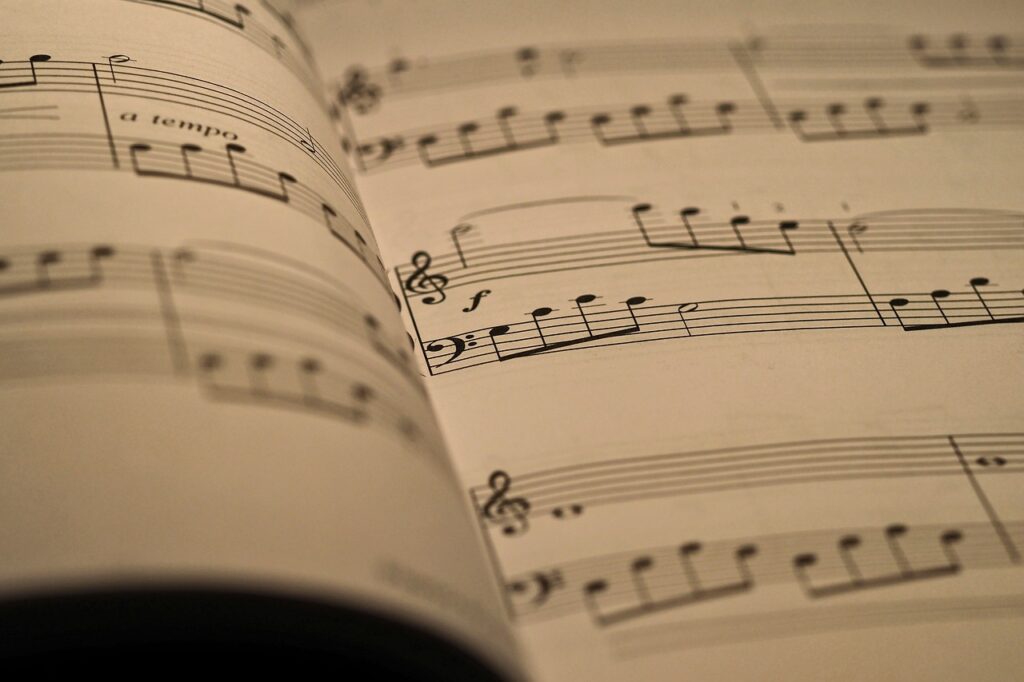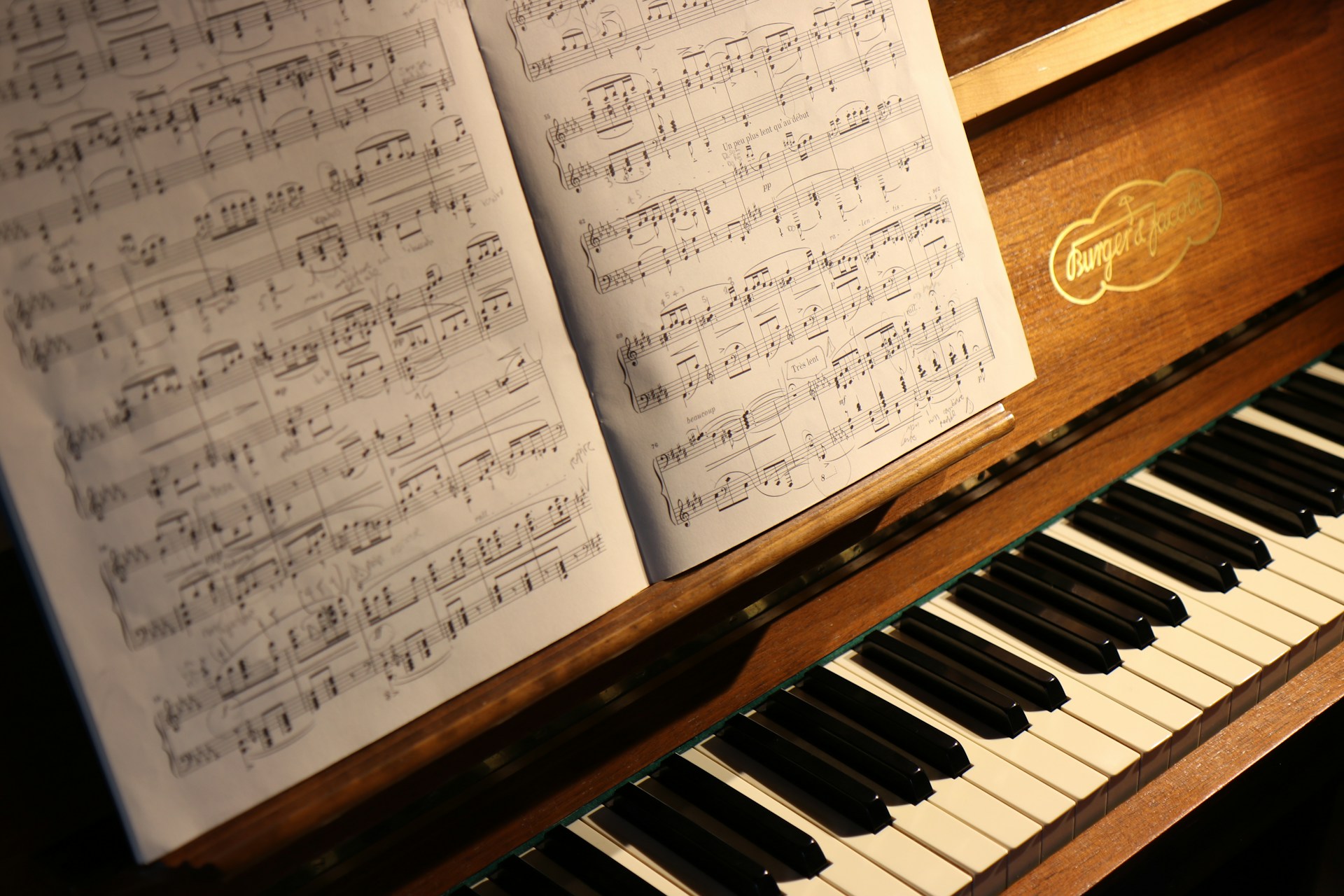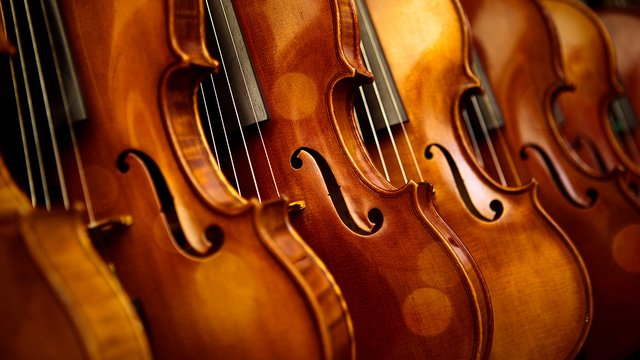Learning a musical skill is a rewarding endeavor that offers a multitude of benefits, from cognitive enhancement to emotional fulfillment. However, the journey to mastering an instrument or honing one’s vocal abilities requires a significant investment. This investment isn’t limited to financial costs; it also encompasses time, effort, and dedication.
Embarking on the journey of learning a musical skill is one I’ve personally experienced, both as a student and as a parent. Over the years, I have dedicated myself to mastering the piano, flute and recorder, alongside honing my vocals, understanding the profound commitment it entails. This journey has not only enriched my life but also equipped me with the expertise to appreciate the true value of music education. Moreover, I have made similar investments in my own children’s musical education, witnessing firsthand the transformative power of music in their development.
My daughter Abby was privileged to have played in the Safaricom Youth Orchestra from a young age of 10 because of her proficiency in playing the violin which she started learning at 3.5 years. Recently she got an opportunity to be part of Chineke! Orchestra summer camp as a participant after a successful audition. She is a multi-instrumentalist . My son Jessy on the other hand who is 13 years also plays several instruments which he’s continuously taking lessons in to improve his proficiency levels and he’s also done several international music exams successfully. He has also been part of competitions that have really boosted his confidence . Both of them are quite mature for their age and are able to manage their activities very well with little supervision. All these I can attribute to their experience of learning music.
In this blog, I aim to delve deeper into the various facets of investment in music education and why it’s a worthwhile pursuit for individuals of all ages.
1. Financial Investment
One of the most apparent aspects of learning music is the financial commitment involved. Here are some key expenses to consider:
- Instruments and Equipment: Whether it’s a piano, guitar, violin, or drum set, purchasing an instrument can be a significant expense. High-quality instruments often come with a hefty price tag, but they are crucial for proper learning and performance. Additionally, accessories such as sheet music, stands, and cases add to the cost.
- Lessons and Tuition: Hiring a qualified music teacher or enrolling in a music school involves paying for lessons. The cost can vary widely depending on the instructor’s expertise, the instrument being taught, and the location. Private lessons generally cost more than group classes but offer personalized attention and tailored instruction.
- Maintenance and Upkeep: Instruments require regular maintenance to stay in good condition. This includes tuning, repairs, and sometimes even replacing parts. For instance, piano tuning is an ongoing expense, and string instruments like violins and guitars need new strings periodically.
- Educational Materials and Resources: Learning music involves purchasing books, software, and other educational materials. These resources provide essential knowledge and practice exercises, contributing to a well-rounded musical education.
2. Time Commitment
Learning music is a time-intensive process that demands regular practice and dedication. Here’s what this investment of time looks like:
- Daily Practice: To develop proficiency, aspiring musicians must practice their instrument daily. This requires setting aside specific time blocks each day, often ranging from 30 minutes to several hours, depending on the level of advancement and goals.
- Attending Lessons: Consistent attendance at lessons is crucial for steady progress. This involves not only the lesson time itself but also travel time to and from the instructor’s location.
- Participation in Performances and Recitals: Engaging in live performances, whether in school recitals, community events, or competitions, is an integral part of musical development. These events require additional preparation and rehearsal time.
3. Mental and Emotional Investment
The journey to musical mastery also involves significant mental and emotional dedication:
- Perseverance and Patience: Learning an instrument can be challenging, and progress may sometimes feel slow. It requires a mindset of perseverance and patience to push through difficulties and continue practicing.
- Focus and Discipline: Developing a music skill demands a high level of concentration and discipline. Musicians must focus on fine-tuning their technique, reading music accurately, and interpreting pieces with expression and emotion.
- Dealing with Performance Anxiety: Performing in front of others can be nerve-wracking. Musicians must invest in building their confidence and managing performance anxiety, which can be a significant emotional challenge.
4. Social and Cultural Investment
Engaging with music also involves a social and cultural commitment:
- Joining Ensembles and Bands: Many musicians find fulfillment in playing with others. This might involve joining a school band, orchestra, or community ensemble. Such involvement requires collaboration, scheduling rehearsals, and participating in group dynamics.
- Cultural Enrichment: Learning music often involves exploring various genres, styles, and historical contexts. This enriches one’s cultural understanding and appreciation, broadening perspectives and fostering a lifelong love of music.
Conclusion
While the investment in gaining a music skill is substantial, encompassing financial, time, mental, emotional, and social commitments, the rewards are equally significant. The journey of learning music offers profound benefits, from enhancing cognitive abilities and emotional well-being to fostering a sense of achievement and cultural appreciation.
For those willing to make the investment, the joy of creating and sharing music is an unparalleled experience that enriches life in countless ways. Whether as a hobby or a professional pursuit, the skills and values gained through music education are a testament to the enduring power and beauty of music.
If you missed our previous blog: “Beyond the Classroom: The Lifelong Benefits of a Musical Education,” click here to read it!
For more insights and offerings on music education, visit peruse through the rest of the website via this Link.




Thank you for introducing us to this journey Winnie. The discipline and commitment it has instilled in our children is worth the investment!